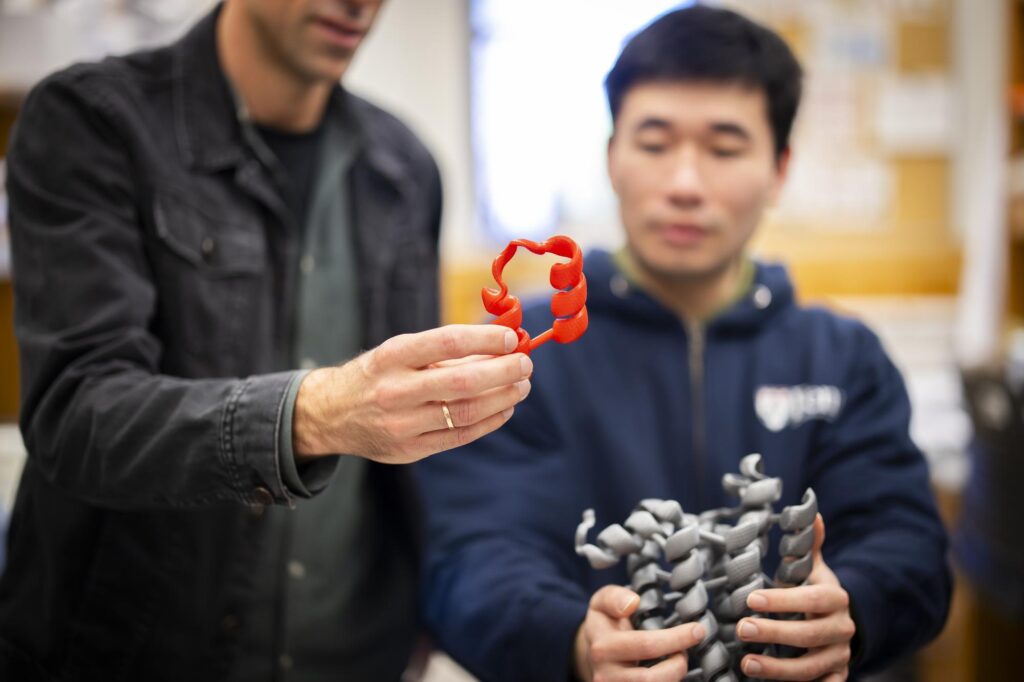
Perched on the ninth floor of 3600 Civic Center Blvd., just a stone’s throw from the Perelman School of Medicine and Hospital of the University of Pennsylvania, sits an office that has shaped some of the most transformative scientific breakthroughs of the past decade: the Penn Center for Innovation.
As the University’s hub for technology transfer, the Penn Center for Innovation (PCI) helps faculty and researchers transform their discoveries into real-world applications that benefit society, by forging and fostering partnerships with commercial entities. These collaborations between the private sector and Penn-led researchers have accelerated the implementation of significant biomedical innovations including CAR T cell therapy—a pioneering cancer treatment spearheaded by Penn Medicine’s Carl June—and mRNA vaccines—the Nobel Prize-winning technology developed by Penn Medicine’s Katalin Karikó and Drew Weissman that successfully enabled COVID-19 vaccines.
Now entering its second decade, PCI’s impact continues to grow. The center has catapulted Penn to the top of national rankings in annual licensing income, supported the formation of more than 300 startups, facilitated over 7,000 commercialization agreements, and secured more than $1 billion in commercially sponsored research funding.
“I think the success of PCI can be attributed to many things,” says Associate Vice Provost for Research and PCI Managing Director Ben Dibling. “This includes Penn’s strategic vision that included a focus on impact and innovation, and, I think, a unique appreciation of the importance and value of engagement with the commercial sector.”
Dibling notes that this reflects a broader shift in how academic institutions approach technology transfer. A sentiment echoed by his predecessor at PCI, former managing director and now Penn’s first chief innovation officer, John Swartley. “I think what really set PCI apart was its emphasis on building long-term, transformative partnerships with the private sector,” Swartley says, pointing to examples like Penn’s alliance with Novartis, which led to the development of the first FDA-approved CAR T therapy, and ongoing collaborations with BioNTech to advance new therapies based on mRNA technologies.
This story was written by Nathi Magubane. To read the full article, please visit Penn Today.
